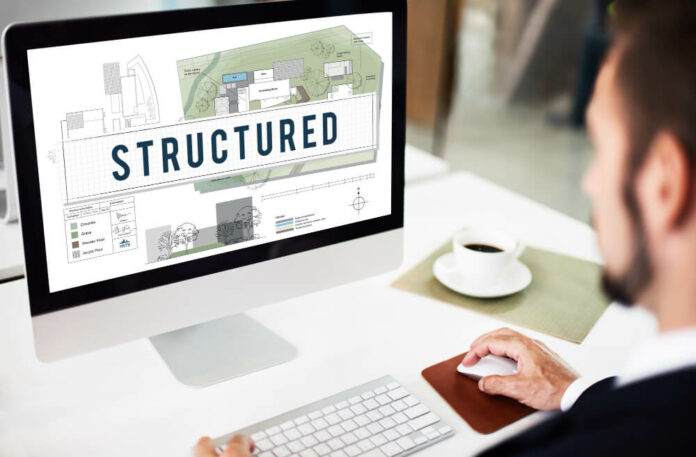Construction CRM software manages and saves customer-related data, including contacts, client companies, leads, opportunities, proposals, and deals that have been won and lost. The customer-centric data is accessible and readily available thanks to more sophisticated CRM systems. They set up how they organize and display this data to the user to fit the construction sales process. With their CRM, users may even forecast where they will have the highest opportunity for winning a bid. Here are the key features to evaluate when choosing construction CRM.
Customer management
Construction CRM must have contact and client sites that display all current opportunities with that client, previous projects, winning percentage, project categories that a client typically does, geographic regions where they conduct business and much more. This knowledge is essential to manage client relationships, and customer information is always accessible thanks to well-designed construction CRM software.
Automated proposal
One of the construction industry’s largest time wasters is creating proposals. Contractors copy and paste following previous proposals, which is why they rely on them. It is essential to save time on proposals based on templates and contain accurate customer information. Thanks to automated proposals, you can save at least an hour a day with a reliable construction CRM.
A central archive
Too often, construction companies use spreadsheets or numerous platforms to conduct business. Contractors understand how it works: They search the accounting system for the job number to find a client. Then, open a spreadsheet and view all of the contacts from that business, then open an email. But thanks to a central repository with construction CRM, one can access all the information they need at any time, anywhere hence more control of the sales process.
Follow up automation
Most estimators and salespeople don’t follow up as much as they should because they lack time. Automation and scheduling are quite helpful in this situation. Start by creating a follow-up calendar that outlines the chances you need to pursue. Using construction CRM automation tools, you can send follow-up emails to the appropriate recipients promptly. Finally, a system that updates your data and notes automatically removes the stress of administrative work from the sales process.
Different client bids for the same opportunity
This feature is particularly beneficial for business subcontractors. The ability to handle several bids and their status for the same opportunity is even more critical for subcontractors than an opportunity-centric CRM.
Analytics, reporting, and forecasting
Finally, it is proven that having the appropriate data available when you need it enhances decision-making. Consider the choice to submit a bid to a client for a project. Your choice is influenced by the client’s bid success record, pre-approval standing, and your prior project history with that client.
CRM software for the construction industry records and presents all the crucial information to support your decision-making. You may also determine which projects are the most profitable, where you get the most business, and which clients offer you the most deals using reporting and analytics. You may focus your efforts where you need to by using forecasting.














